Member's Opinions
NOTICE:
The following articles are opinion pieces, also known as op-eds, which are articles where the author expresses their personal viewpoint or interpretation of a specific topic. They differ from news articles by being subjective, persuasive, topical, and clear in their argument. Opinion pieces aim to persuade readers to consider the authors viewpoint through evidence, reasoning, and emotional appeals. They are typically written with the authors voice and personality, and often conclude with a call to action. Examples of opinion piece topics include political opinions, social issues, cultural commentary, and personal reflection
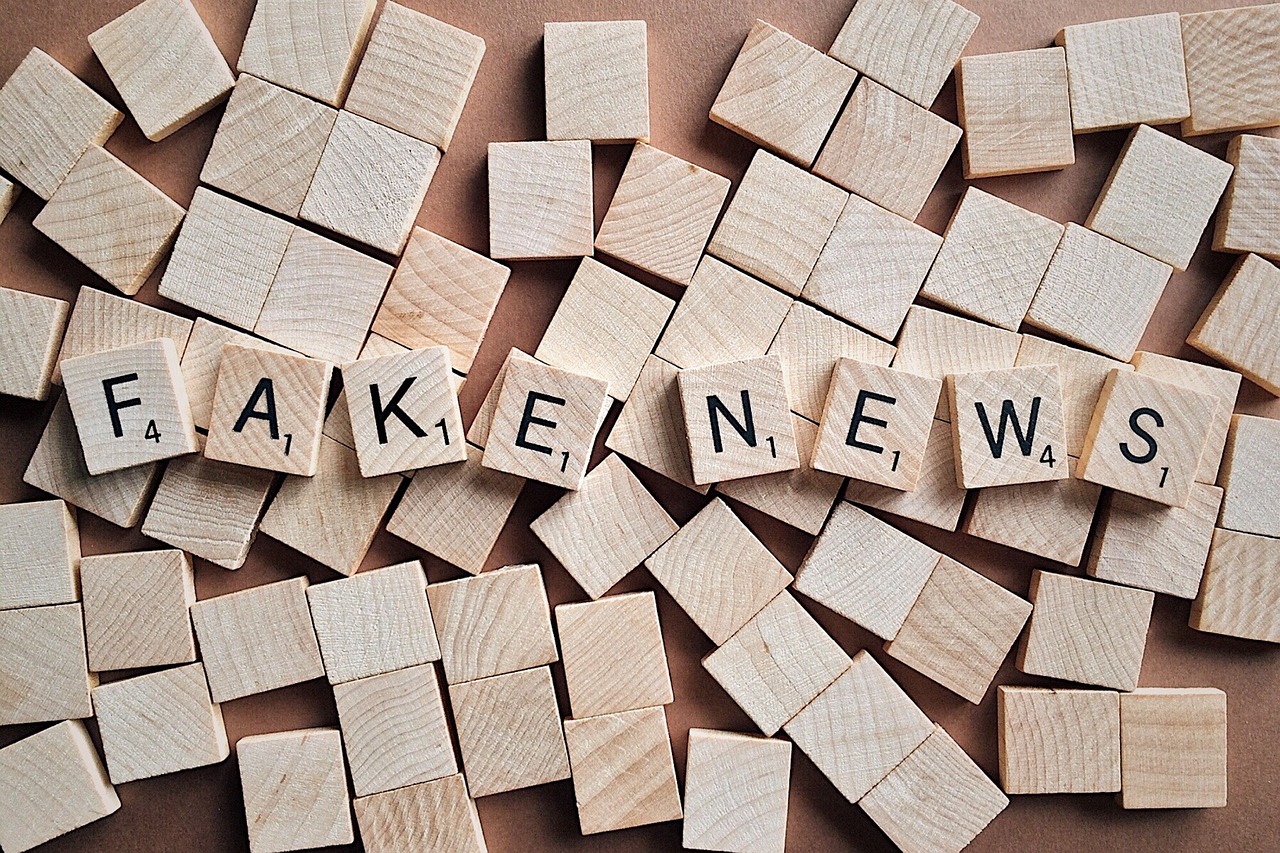
- Details
- By Sæbjörn Leafslayer
- Category: Opinions
Social media, often referred to as the "disinformation highway," has become a major platform for spreading misinformation and disinformation (deliberate false information). While social media connects people globally, it also makes it easy for false or misleading information to reach millions in a matter of minutes. Here’s a closer look at how social media fosters disinformation, why it spreads so quickly, and what can be done to address it.
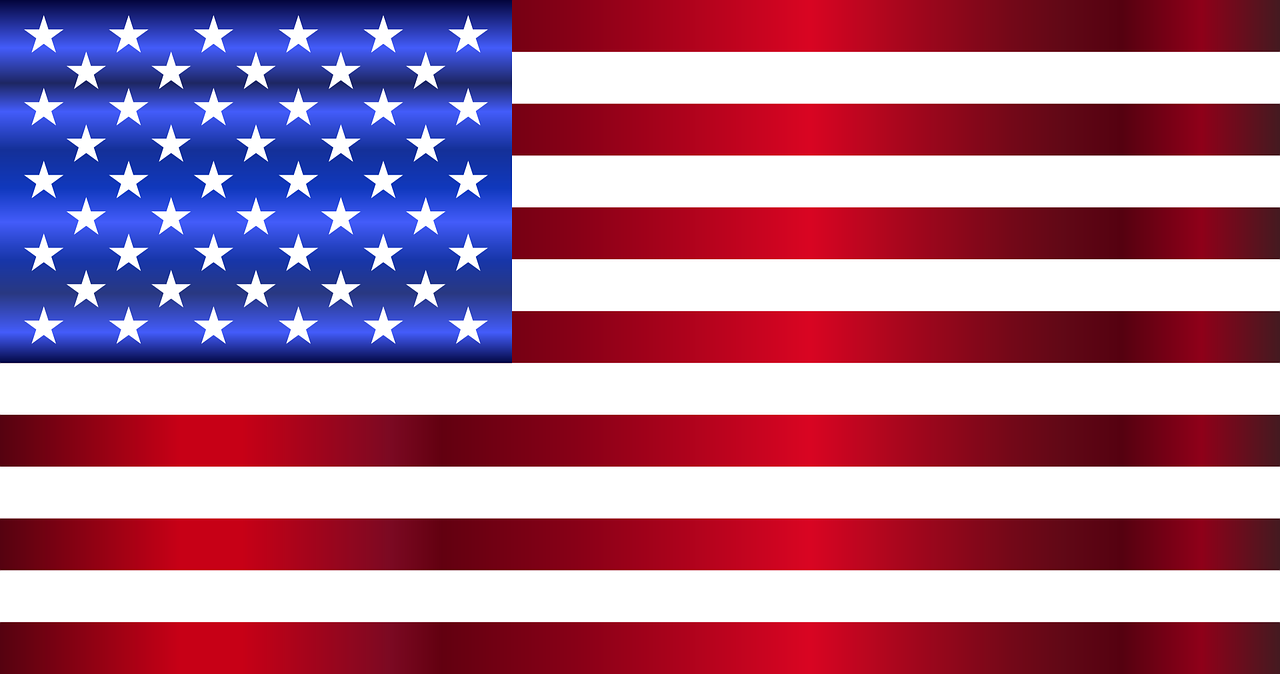
- Details
- By Sæbjörn Leafslayer
- Category: Opinions
The notion of the "fall of U.S. hegemony" refers to the gradual decline of the United States' dominant position in global politics, economics, and military affairs. While the U.S. has been the world's leading superpower since the end of World War II, various factors have contributed to discussions about its potential decline or shift in global influence. Here are some key factors often cited in debates about the decline of U.S. hegemony:

- Details
- By Sæbjörn Leafslayer
- Category: Opinions
Australia has long prided itself on being a nation where everyone gets a "fair go," a place where the gap between the rich and the poor is narrower, and social mobility is more achievable than in many other countries. But today, as I reflect on the current state of our society, I can’t help but wonder: is Australia losing its egalitarian spirit?
The question is not just rhetorical. Signs of a creeping inequality are becoming more apparent, threatening to undermine the very foundations of the Australian identity. The soaring property prices in cities like Sydney and Melbourne, for instance, have turned home ownership—once a hallmark of Australian life—into a distant dream for many. The young, in particular, are feeling the brunt of this crisis, with an entire generation struggling to gain a foothold in a market that their parents entered with far greater ease.
Read more: The Erosion of Egalitarianism in Australia: An Increasing Concern?
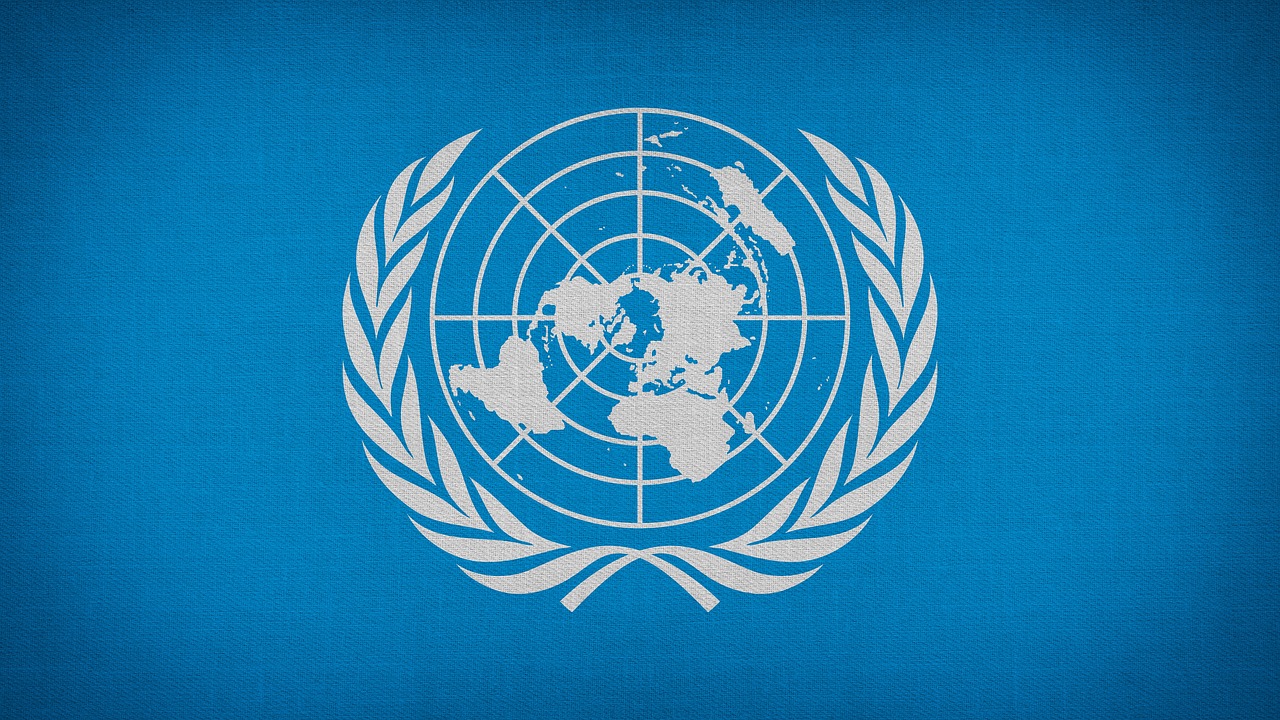
- Details
- By Sæbjörn Leafslayer
- Category: Opinions
Agenda 2030 is a comprehensive plan adopted by the United Nations in 2015, consisting of 17 Sustainable Development Goals (SDGs) designed to address global challenges such as poverty, inequality, climate change, environmental degradation, peace, and justice by the year 2030. While the Agenda aims to promote global cooperation and sustainable development, it has also become the subject of various conspiracy theories.
Read more: Debunking Agenda 2030 Conspiracy Theories: Facts Over Fiction
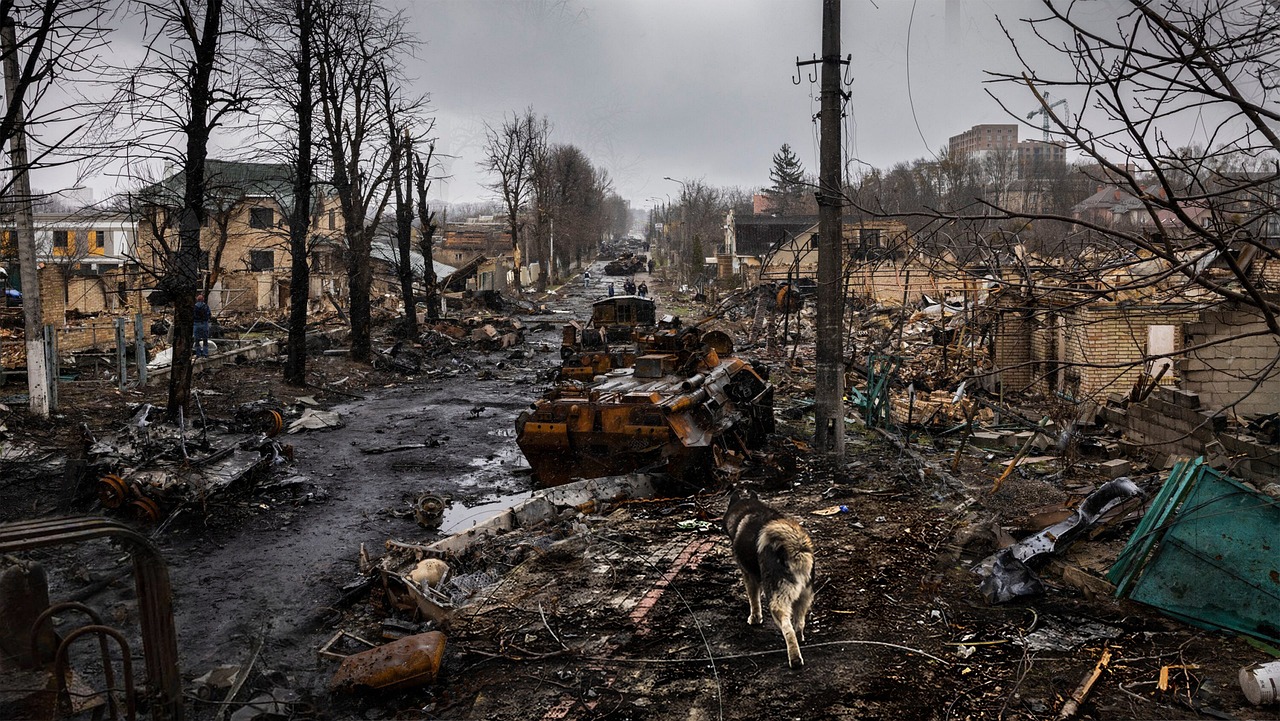
- Details
- By Sæbjörn Leafslayer
- Category: Opinions
The belief that global conflict won't erupt examines things from multiple lenses—the political landscape, tactical preparedness, and ideological standpoints. Let's explore why some think another world war is improbable:
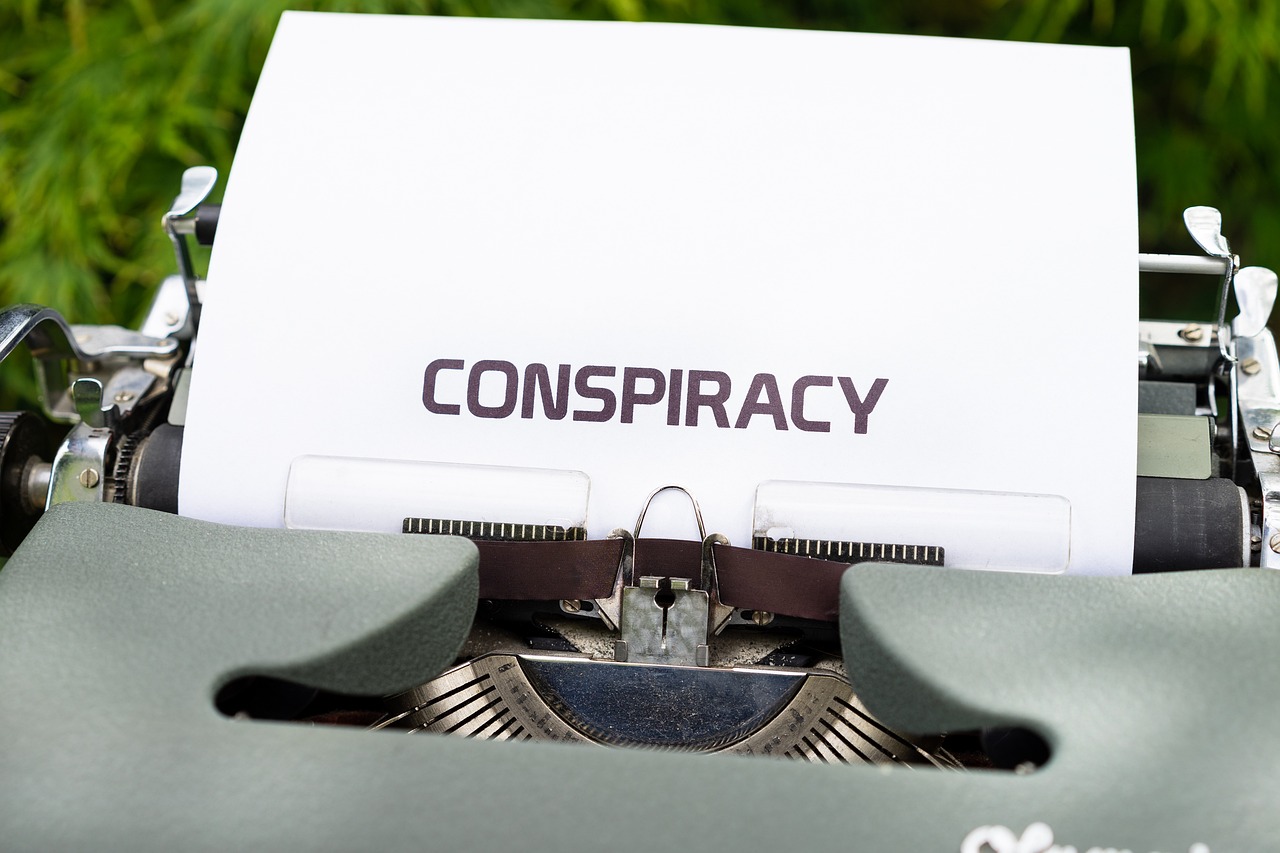
- Details
- By Sæbjörn Leafslayer
- Category: Opinions
Conspiracy theories frequently utilize specific terms or expressions to generate intense reactions or hint at hidden motives. These words can manipulate perceptions and cultivate mistrust or anxiety. Some common trigger expressions include:
